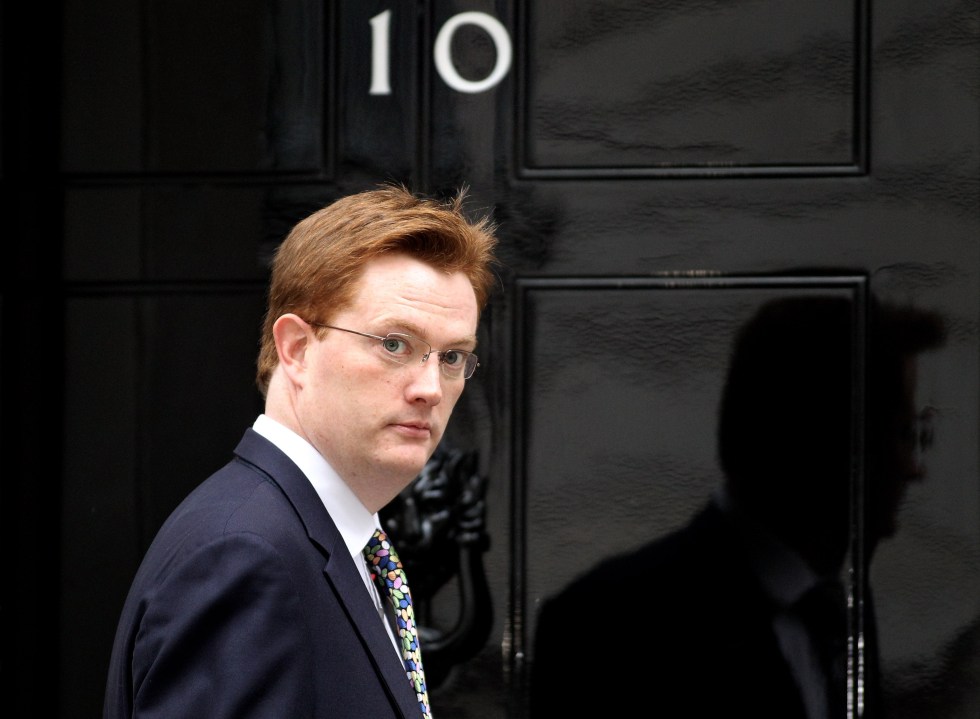 There could barely be a starker contrast between Danny Alexander’s interview with the FT today and the, ahem, Cableleaks. Unlike his fellow Lib Demmer, the Treasury Secretary knew that he was speaking to a journalist – and he keeps well within the lines when discussing the coalition. “My impression,” he says, “is that the Liberal Democrats support the coalition. People knew the first couple of years would be extremely tough.”
There could barely be a starker contrast between Danny Alexander’s interview with the FT today and the, ahem, Cableleaks. Unlike his fellow Lib Demmer, the Treasury Secretary knew that he was speaking to a journalist – and he keeps well within the lines when discussing the coalition. “My impression,” he says, “is that the Liberal Democrats support the coalition. People knew the first couple of years would be extremely tough.”
Alexander saves his most enthusiastic rhetoric for the quad: the group of four ministers – David Cameron, George Osborne, Nick Clegg and himself – who met regularly during the spending review period to decide where the cuts would fall. As he puts it, “it was a very effective way of making sure the government is joined up”. So effective, in fact, that they will continue to steer the coalition’s policies in 2011.
But there’s another quad in town – and one that is operating altogether less harmoniously. As Rachel Sylvester reports in her Times column (£), Cameron, Osborne, Clegg and – yes – Vince Cable have been meeting to discuss the bankers and their bonuses. It’s no secret, by now, that this group is split along party lines. But Sylvester’s neat concluding summary is still worth cutting out for the scrapbook:
After the events of today, the wranglings of this second quad have become even more politically charged. Whatever the coalition’s solution for the banks, expect it to be regarded as either a peace offering, or a slapdown, for Vince Cable.“The bottom line is that Mr Osborne and Dr Cable disagree about the relationship between the State and the market in the financial sector. The Chancellor’s allies insist that ‘the onus is now on the banks’ to behave responsibly and to be aware of the public mood. Dr Cable, however, is determined that the Government should be seen to clamp down on the excesses of the City. Having provided political cover for the Conservatives over tuition fees, he is not about to do the same on the banks. For the Business Secretary, this has now become as much a matter of honour as of politics.”







Comments